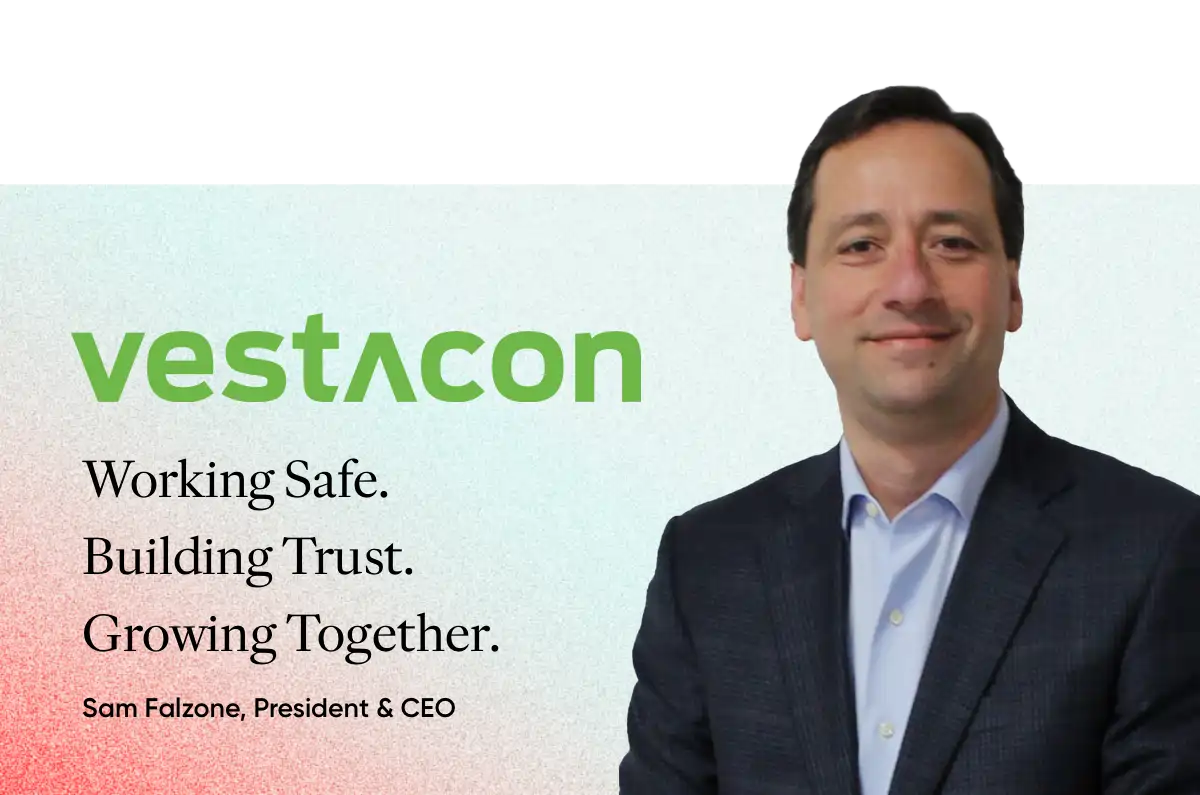
Around the world, leaders are embracing improv as part of their training programs to help teams communicate better. While improv has its roots in theatre, as a playful artform helping sketch teams create scenes on-the-spot by accepting one another’s impromptu suggestions, turns out that the skills used in improv translate beautifully to help develop teams. Shows like “Whose Line Is It Anyway,” “Second City,” and “Saturday Night Live,” employ a “Yes, And” approach to deepen active listening, collaboration, give and take, and building trust. Improv is also a great low-stakes approach to getting teams ready for higher-stakes workplace communication, where team flow is so important.
Increasingly, leaders are getting in on the act, finding improv to be a valuable skill to support team building, by nurturing creativity, building leadership skills, and developing personal awareness and observation skills. Incorporating improv workshops and practices as part of a team’s on-going training programs, has become a standard “must do” for companies who want to have great places to work, embracing innovative experiential training practices.
To understand this a little better, I reached out to Tracy Shea-Porter from Yes Unlimited to get the low down on improving with improv.
Here are some of the skills an improv workshop can help you hone:
Active Listening
A key improv skill is deep, active listening. To build a scene or narrative with someone, you have to listen to the "offers," or building blocks, fellow players are giving you and incorporate those elements into your response, no matter how surreal or incongruous they might seem. Someone who is not listening, or trying to deliver their own jokes, cuts off the scene.
Translated into a business context, listening skills are vital to, well, everything. And, during corporate improv workshops people are surprised to discover just how much their listening skills need improving. Only by listening can you understand the other person's goals and objectives, and from there start to “give and take” rather than feel the need to be right, or push your ideas without understanding other points-of-view.
Just like in an improv sketch, "the more we can link what we say to what others say, the better," Tracy said. In a business context, this approach helps persuade, influence, and build rapport.
Communication
"Being comfortable speaking in public, quick on your feet, all those drills that you do in improv can help all of us build those all-important soft skills," Tracy explained. “And, improv helps us communicate with the full range of stakeholders – customers, partners, vendors, cross-company departments, and teammates – improv gets you out of your head and into the present moment when communicating with others.”
Improv helps build those skills, as well as ease with situations you're not prepared for — whether an impromptu conversation in the corridor or an unexpected question after a presentation. Practice helps you be in the right state to cope with the unexpected and come across as credible, rather than panic-stricken.
Body Language
Participating in an improv workshop with colleagues helps you read and understand their responses to situations. Nonverbal clues such as posture, facial expressions, and the amount of eye contact can speak volumes. "If you are going down a line in a skit that the rest of the group isn't ready for, or receptive to, you'll see that in their body language," she says. “And, learning to observe yourself and become aware of your non-verbal cues, at work, really helps you come across in all types of business situations.”
Team Building
A workshop can also serve as a team-building activity. It’s all about collaboration, rather than competition. Everyone, regardless of their status back in the office, contributes suggestions and ideas and finds it rewarding to see them taken up. Teams gain a sense of pride from developing a narrative together. While there’s never any pressure to be funny, it often turns out that way, and laughter is unifying.
“Team building is the top request we get from corporate professionals,” says Tracy. “Everything from building confidence, to helping team members listen to one another to plan and execute projects, to “thinking on your feet” skills – we build our events and workshops around business objectives and debrief after each exercise so the team really understands how they are being supported.”
'Yes, And ... '
Tracy further explained that, “the foundation principle of improv is “Yes, And,”. “Yes, And” is really about listening and acceptance. You don’t necessarily have to agree with the other person – it’s more around hearing what someone is saying, offering your idea, and as you go back and forth with suggestions – something new and unexpected may arise. “Yes, And” is all about effective communication.
In an improv scene, you accept the idea, or "offer" made to you by your counterpart, which might be: "Let's go to the beach." And you add to it by saying, "Yes, and we can bring my new pet rock.” The important thing is that you accept the proposal and then contribute another element to help flesh out the idea and move the story on.
"If you're having a conversation with a client and they ask you to do something impossible and they want you to do it by Friday," one option is to start your response with a "yes, and," Tracy said. "Say, ‘Yes, And’ perhaps we can review the scope of that request to make sure we can bring it in on time. Saying, No, that's not something we can do, shuts down the conversation entirely. ‘Yes, and' keeps building on it."
Reasons to Embrace Improv
In a scene, you can become whatever character you want — a pirate, an astronaut, a ballerina. The possibilities are endless. You need no previous knowledge or experience to participate, just your imagination. While these low-stakes exercises are spirited – encouraging curiosity, active listening, and this all-important give and take – they also encourage deep presence getting everyone into the moment, experiencing one another in new ways.
The top facilitators at Yes Unlimited, help everyone get slightly out of their comfort zones with a playful, energetic approach. And, they’ve been working with leaders and teams for years, customizing their improv exercises to business objectives, and adding those all-important debriefs after each exercise.
For those with an exacting profession, a few hours in an environment where the first thing that pops into your head is the right answer can prove cathartic and refreshing – and the bonding impacts on a team are long lasting.
Improv workshops are tailored to focus on building rapport, storytelling, team building, developing sales skills, leadership, presentation and networking skills, or just plain team fun – as a few examples.
For more information on workshops for your organization, book a discovery call with Tracy or visit the website.
About Great Place to Work®
Great Place to Work® is the Global Authority on Workplace Culture. We make it easy to survey your employees, uncover actionable insights and get recognized for your great company culture. Learn more about Great Place to Work Certification.






